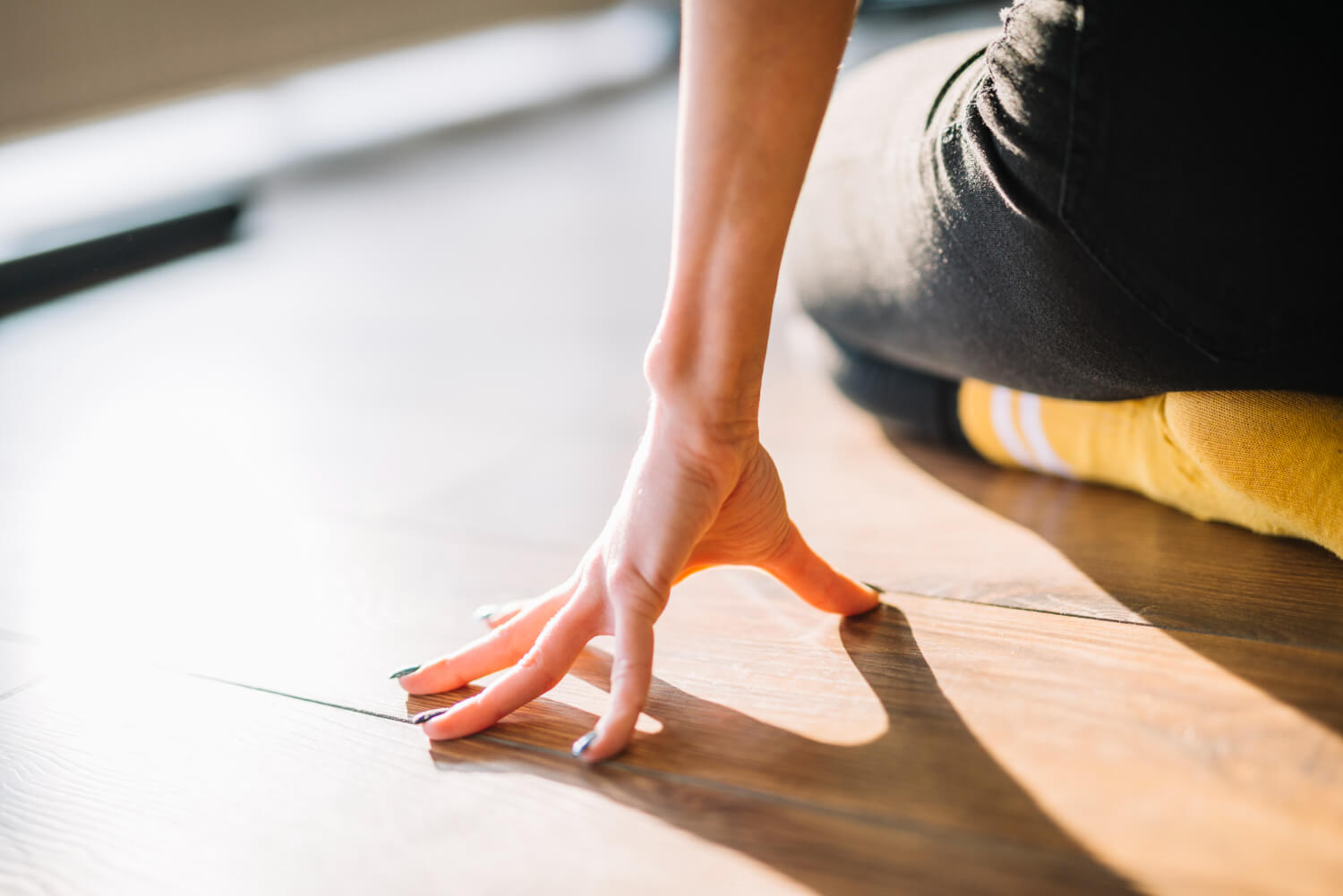In the dynamic world of flooring, ensuring safety, durability, and compliance is not just a best practice — it’s a necessity. The flooring industry relies on rigorous ISO flooring tests to guarantee products meet essential standards for performance and quality. Without these tests, manufacturers, suppliers, and consumers would face significant risks, from product failures to safety hazards. In this blog, we’ll explore why ISO laboratory tests are crucial, how they support vinyl floor certification, and their role in upholding flooring industry standards.
What Are ISO Flooring Tests?
ISO flooring tests are standardized procedures developed by the International Organization for Standardization (ISO) to evaluate the performance and safety of flooring materials. These tests are designed to measure various characteristics, including durability, slip resistance, and overall wear resistance.
By subjecting flooring products to these tests, manufacturers can ensure their materials meet global industry benchmarks, facilitating smoother market entry and reinforcing consumer trust. For products like vinyl flooring, certification through ISO testing is a mark of quality and reliability.
Key Aspects of ISO Flooring Tests
- Durability Testing: Measures how well the flooring withstands heavy foot traffic, impacts, and environmental factors over time.
- Wear Resistance Test: Assesses how resistant the surface is to abrasion and long-term wear.
- Slip Resistance Testing: Determines how likely the flooring is to cause slips or falls, which is vital for safety compliance.
- Product Compliance Checks: Ensures that flooring materials meet all relevant industry regulations and standards.
- Flooring Quality Control: Helps manufacturers maintain consistent quality across production batches.
Why ISO Flooring Tests Are Essential for Vinyl Floor Certification
For vinyl flooring manufacturers, achieving ISO certification is a powerful differentiator in the market. It demonstrates a commitment to product excellence and reassures consumers and businesses alike that the flooring they choose meets internationally recognized standards.
The Certification Process
The process typically involves submitting flooring samples to an accredited laboratory, where they undergo a series of tests tailored to the product’s intended use. For example, vinyl floors destined for commercial spaces might undergo more rigorous wear resistance tests compared to residential products.
The results of these tests determine whether the flooring qualifies for certification. Once certified, manufacturers can confidently market their products as meeting top-tier flooring industry standards, gaining a competitive edge.
The Impact of ISO Testing on Flooring Industry Standards
ISO tests play a pivotal role in shaping and maintaining flooring industry standards. They provide a common language for quality and safety, helping manufacturers, distributors, and consumers make informed decisions.
For instance, slip resistance testing reduces liability risks in public spaces, while durability testing ensures that products last as long as advertised. Without these rigorous assessments, the industry would lack the structure needed to consistently deliver high-performance, safe flooring solutions.
Benefits of ISO Flooring Tests for Manufacturers and Consumers
For Manufacturers:
- Market Access: Easier entry into international markets with standardized certification.
- Product Improvement: Insights from test results help refine and enhance product designs.
- Consumer Trust: Certification acts as a seal of quality, boosting brand reputation.
For Consumers:
- Safety Assurance: Reduced risk of accidents due to certified slip-resistant floors.
- Longevity Confidence: Flooring that passes durability tests is more likely to withstand years of use.
- Informed Choices: Clear product labeling and certification make it easier to compare options.
How to Stay Ahead with Flooring Quality Control
For businesses in the flooring industry, staying ahead means integrating ISO testing into every stage of the product lifecycle — from initial design to post-production checks. Regularly testing materials for compliance with evolving standards ensures long-term competitiveness and customer satisfaction.
Collaborating with accredited laboratories and staying informed about updates to flooring industry standards can further strengthen your position in the market. Remember, ISO testing isn’t just about compliance; it’s about delivering flooring solutions that stand the test of time.
Final Thoughts
ISO flooring tests are an indispensable part of the flooring industry. They provide a framework for safety, durability, and compliance, empowering manufacturers to create high-quality products and helping consumers make safer, more informed decisions. For vinyl floor certification, these tests are particularly vital, serving as a cornerstone of trust and excellence.
By embracing ISO standards and prioritizing rigorous testing, flooring businesses can not only meet industry expectations but set new benchmarks for quality and innovation. So, whether you’re a manufacturer aiming for market leadership or a consumer seeking the best flooring option, ISO-certified products are the key to lasting satisfaction and peace of mind.
Would you like me to refine this further, add more industry examples, or optimize it even more for search engines? Let me know, and we can fine-tune it together!
